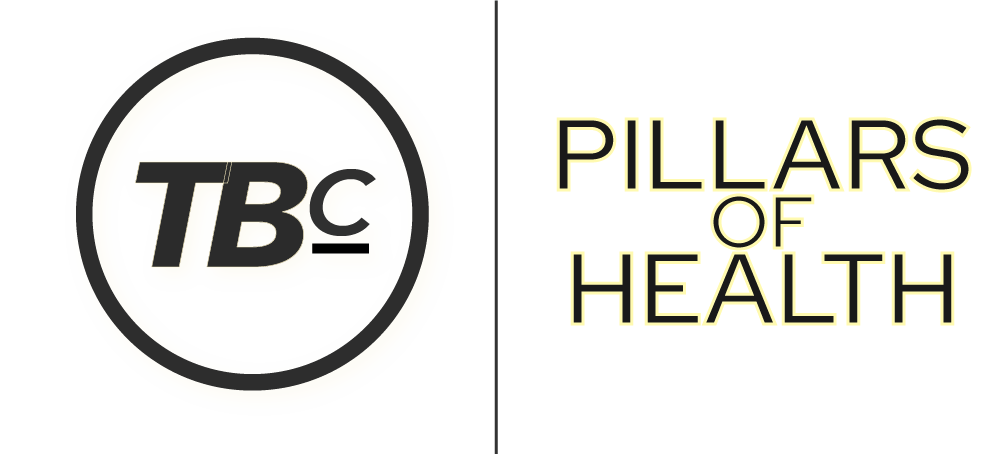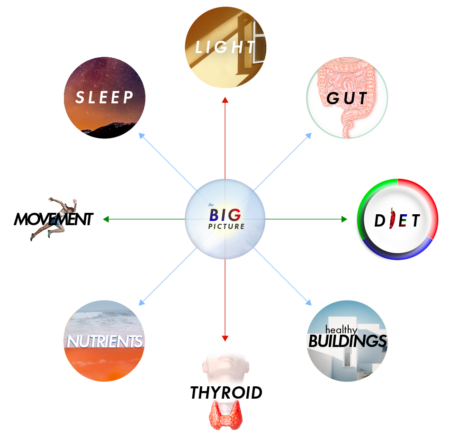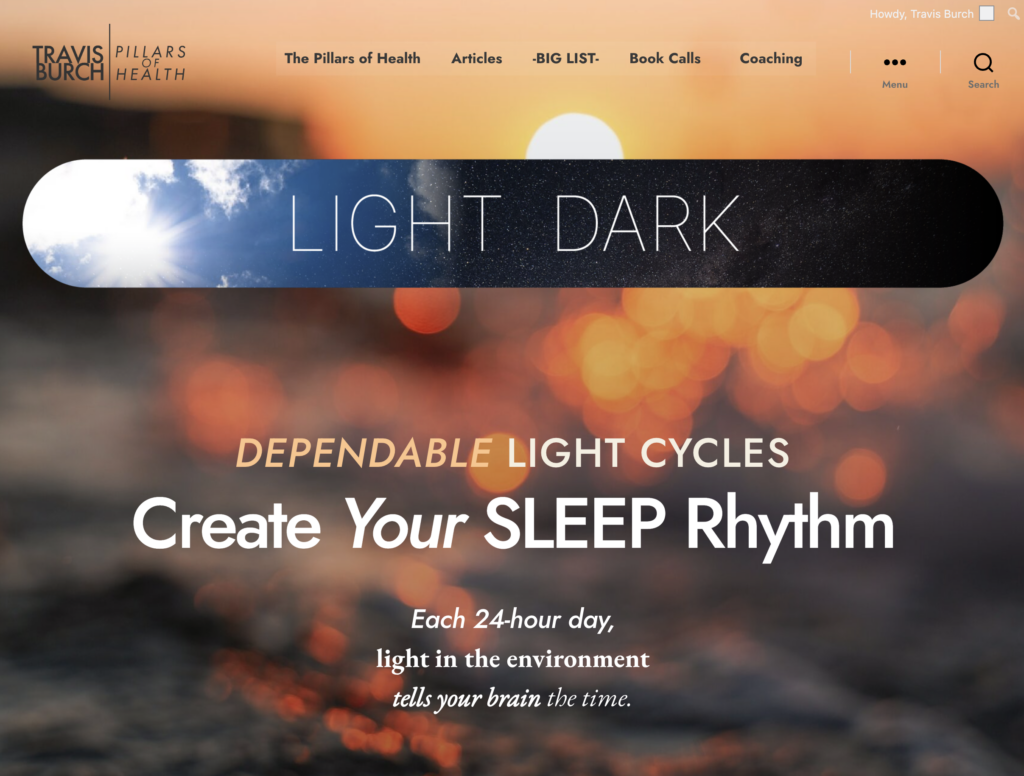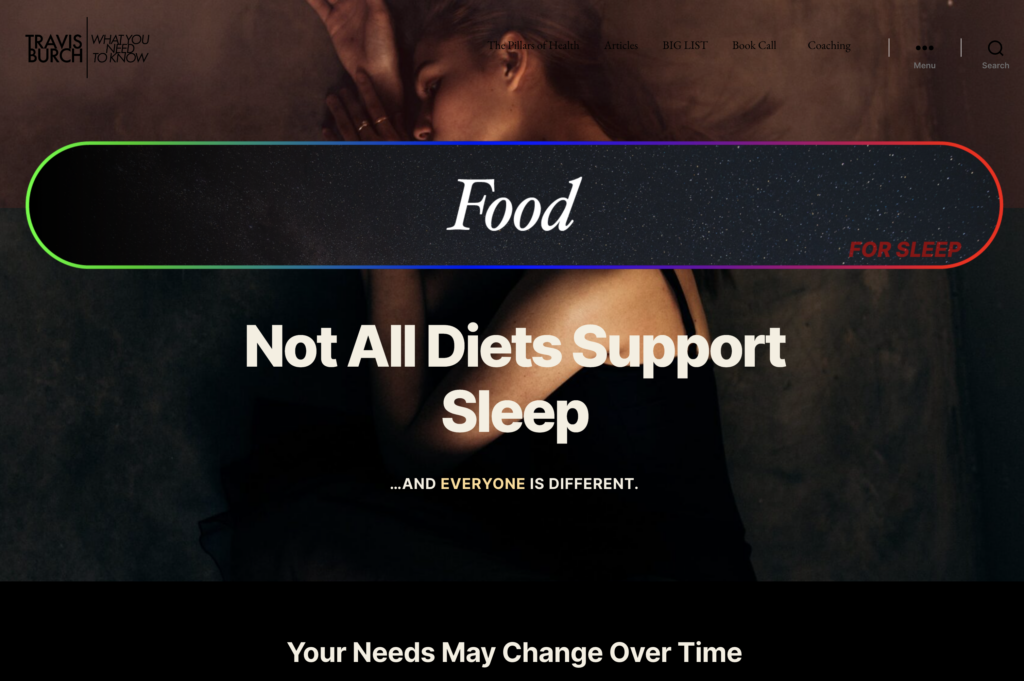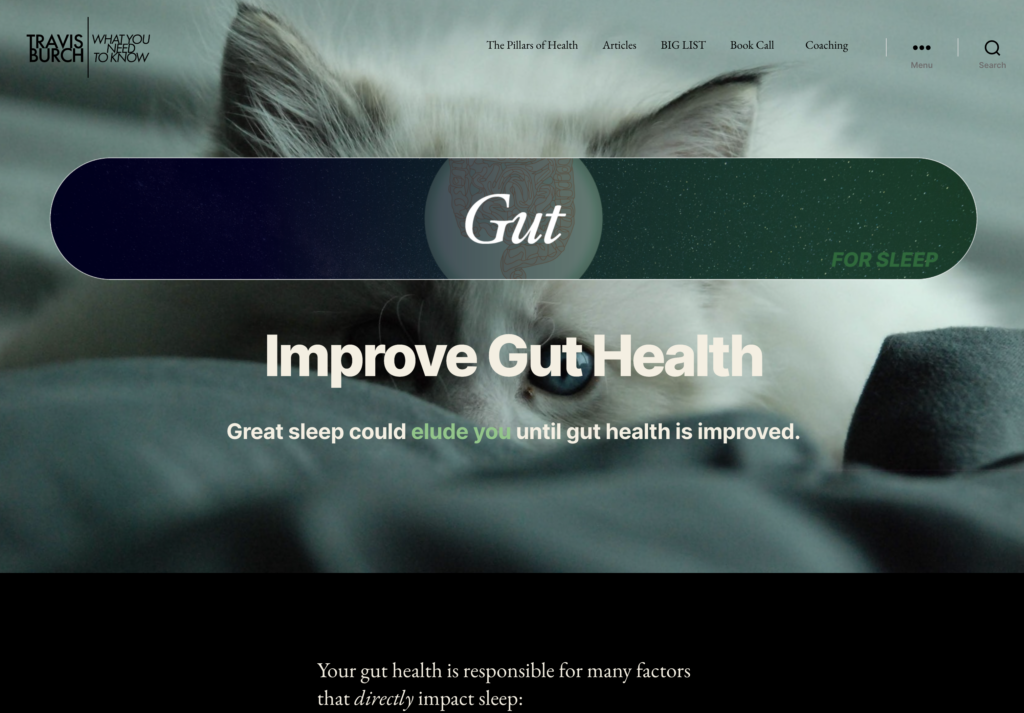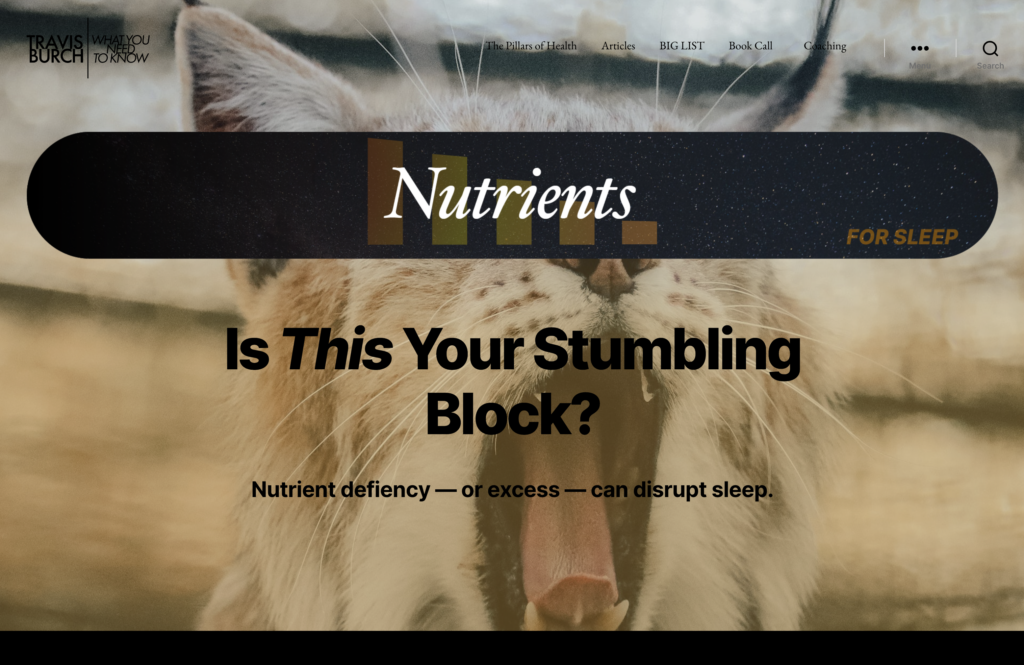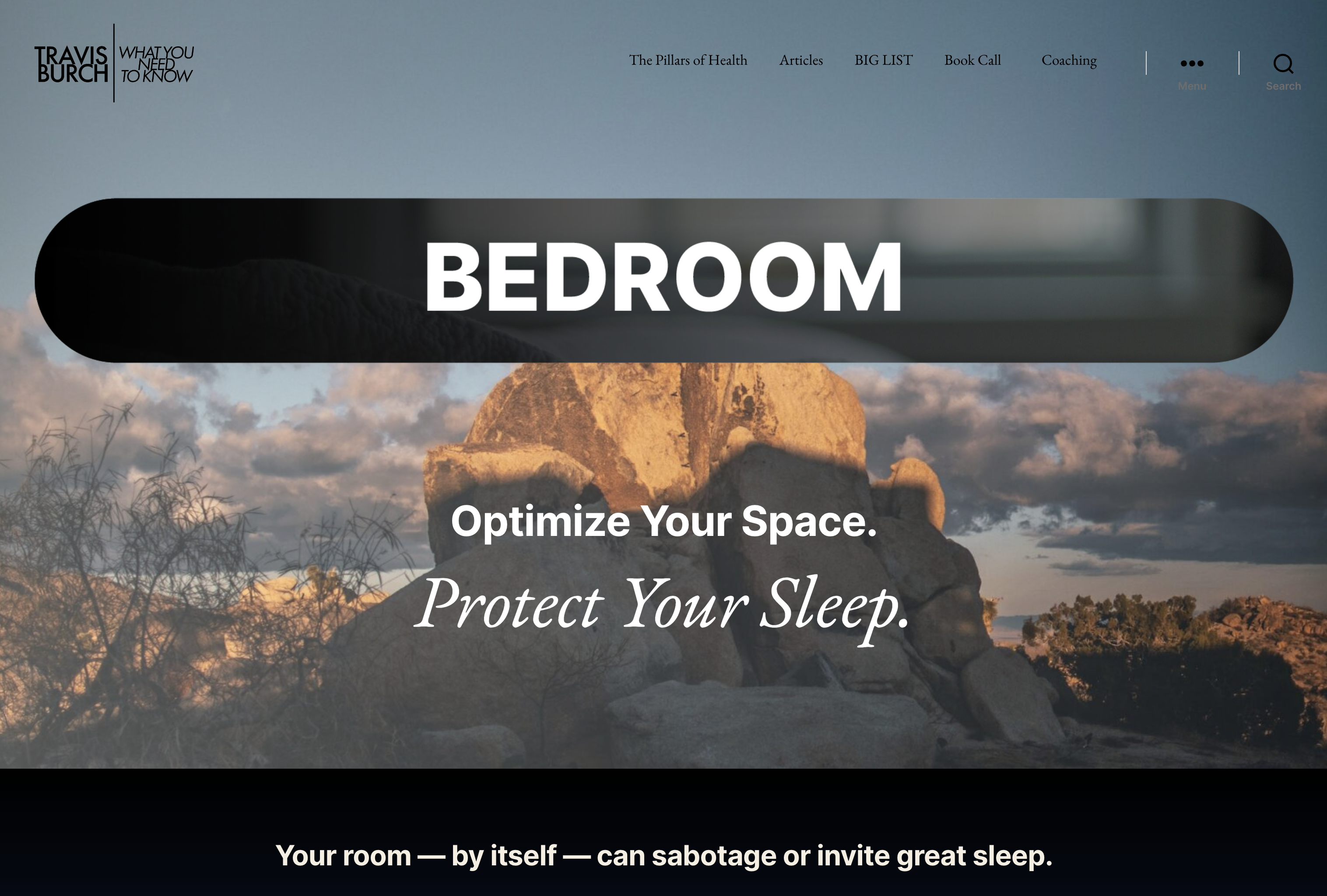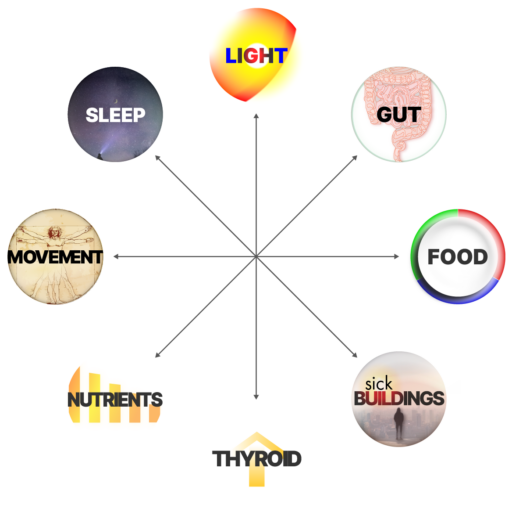Your gut health is responsible for many factors that directly impact sleep:
Each of these can disrupt sleep, on their own.
And there’s one system that addresses them all: gut health.
These are all signs of aging and disease: high toxicity, low nutrient absorption, bad brain chemistry, poor hormonal production, and — most immediately egregious — inflammation.
The gut, the digestive tract — is perhaps the primary biological controller of the variables that affect sleep.
How is your gut health? If you’re like most human beings — it could improve.
And if your sleep is poor? Your gut health almost certainly needs help.
Bacteria & Fungi

Your gut is full of microbial life.
These microbes digest your food, release enzymes, release nutrients, improve your immunity, break down toxins, and help regulate your nervous system, brain chemistry, and hormones.
In a healthy body these microbes are balanced, diverse in species, and beneficial.
Unfortunately, these microbes can turn on you. When you don’t have the right “bugs” in your gut, it can cause problems for the health of the entire system. If it gets bad enough, it can seriously threaten your ability to function normally.
We call this “dysbiosis” — when the health of the gut, and its microbes, is poor. The flora in your gut are no longer working in “symbiosis” with your body. Dysbiosis has set in.
Pathogen (Definition)
When microbes aren’t improving your health, they’re harming it — and we call that microbe a “pathogen.”
Some microbes are always pathogens (such as mycobacterium tuberculosis or stachybotrys chartarum). Many others are “opportunistic pathogens.” These microbes can be beneficial in a healthy body, but when the immune system weakens they can grow out of control.
In the gut, the body’s immune system — as well as other microbes present– work together to keep any species from becoming “too comfortable.”
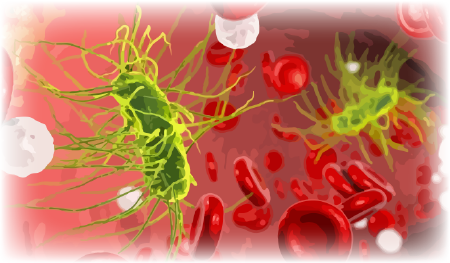
When bad flora become dominant enough in the gut, they can mal-digest nearly every bite of food you eat.
This is what’s happening in so many of us who find that we — either suddenly, or slowly over time — tolerate fewer and fewer foods.
After digesting our food, these bad microbes release endotoxins — which pass the intestinal barrier and enter the bloodstream, causing an immune response: inflammation.
In poor gut health, proteins and fiber are often poorly broken down by the body’s enzymes and stomach acid. Therefore, they survive deeper into the colon than they otherwise would, causing excessive fermentation in the lower bowel (colon) by pathogenic microbes.
The constant war of dysbiosis — every time food is eaten — leaves the body perpetually on edge, unable to calm down, unable to receive nutrients, and unable to sleep.
The war in the gut affects the entire body, and it must end for consistent, restorative sleep to resume.

Your Progress — 41%

